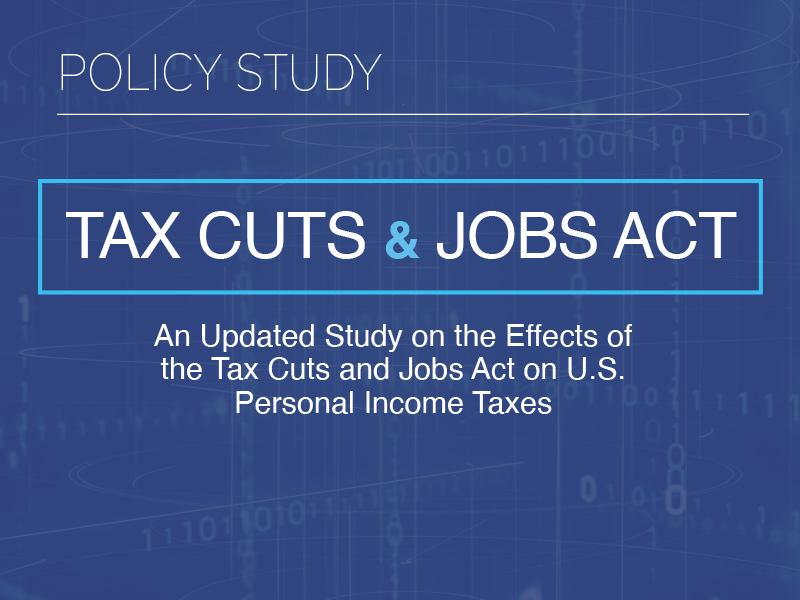Lawmakers seeking to foster economic growth should focus on good tax fundamentals in their states, rather than short-term tax abatements and exemptions designed to lure prestigious companies, professional sports teams, and auto plants from other states for a usually temporary relocation.
“The temptation is for state lawmakers to lure high-profile companies with packages of tax bonuses,” said Scott Hodge, president of the Tax Foundation and coauthor of its recent report, “State Business Tax Climate Index.” “But that strategy can backfire.”
In 2000, for example, officials in Columbus, Ohio lured a moving company with a five-year package of tax incentives. The company not only failed to add 100 jobs as promised, but by 2004 it had actually fired 98 employees. The final year of tax breaks was canceled.
“Ohio’s experience shows preferential tax bonuses don’t guarantee jobs will stay permanently,” said Hodge. “Often they mask deeper flaws in state taxes. The Tax Foundation’s new State Business Tax Climate Index helps draw those to lawmakers’ attention.”
Even states with excellent business tax climates trot out extra tax incentives. In 1996, Florida offered a $4 million tax refund package to lure Capital One, a major credit card company, to open a call center in Tampa. But lawmakers were shocked at the company’s announcement in July of this year that it was closing the Tampa call center and laying off 1,100 workers, despite having received nearly $3 million in tax refunds since 1996.
“More than 1,000 Tampa employees helped build this company from the ground up. They not only gave Capital One their dedication and their hard work, transforming the company into one of the industry’s leaders–but their tax dollars as well, almost $3 million at last count,” said State Senate Minority Leader Les Miller (D) to Dave Wasson, who quoted Miller in the July 21 issue of TaxAnalysts.
“To repay them by outsourcing their jobs, likely to India or other Third World countries, is appalling,” Miller told Wasson.
Capital One has declined to say where the jobs are going, saying only that the company will contract with “U.S.-based companies” to perform the work.
“Florida’s experience shows that the special tax package game is often a futile approach,” said J. Scott Moody, senior economist at the Tax Foundation and another of the study’s authors. “States are better advised to keep taxes low and simple. It’s fair to existing business, it prevents boondoggles, and it works.”
William Ahern ([email protected]) is director of communications at the Tax Foundation.



